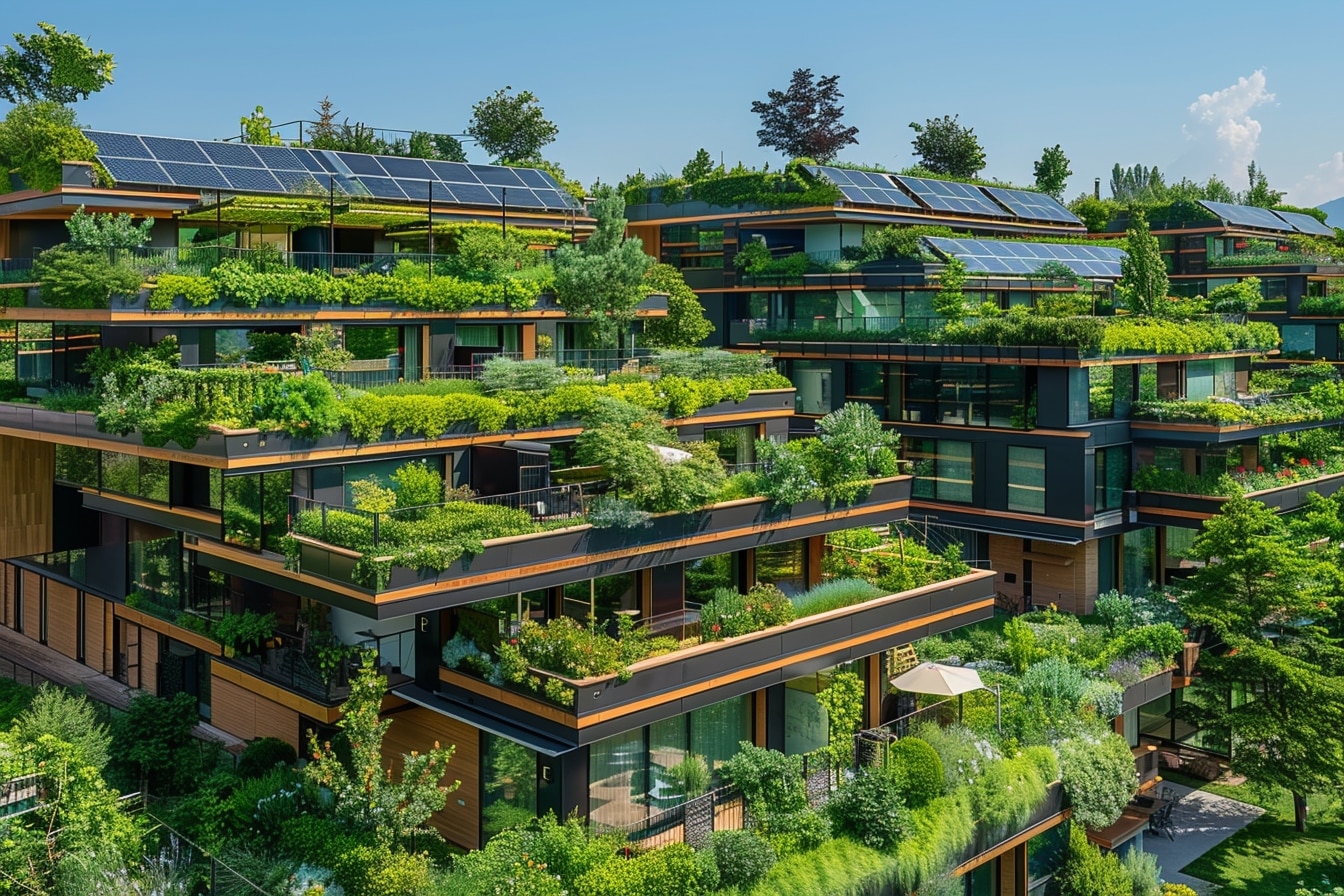As cities grow, the importance of sustainable and eco-conscious urban living becomes increasingly clear. Modern developments like Skye at Holland are setting a benchmark by integrating green spaces, energy-efficient designs, and environmentally friendly practices that promote a healthier lifestyle and minimize environmental impact.
Why Green Spaces Matter in Urban Living
Urban residents often face limited access to nature, yet green spaces are vital for well-being:
- Mental Health Benefits: Parks and landscaped areas reduce stress, improve mood, and encourage outdoor activities.
- Physical Health: Walking paths, jogging tracks, and recreational zones promote fitness and active living.
- Community Engagement: Shared gardens and green courtyards foster interaction and social cohesion.
Developments like Skye at Holland prioritize lush landscaping and green amenities, making urban living more balanced and enjoyable.
Sustainable Architectural Design
Eco-friendly urban developments incorporate sustainability at every stage of construction:
- Energy-Efficient Building Materials: Insulated walls, low-emission paints, and sustainable wood reduce energy use.
- Natural Lighting and Ventilation: Large windows, open layouts, and airflow optimization decrease dependence on artificial lighting and air conditioning.
- Water Conservation Systems: Rainwater harvesting, low-flow faucets, and smart irrigation systems reduce water waste.
These design principles not only reduce environmental impact but also lower utility costs for residents.
Renewable Energy Integration
Modern developments increasingly harness renewable energy sources:
- Solar Panels: Provide electricity for communal areas and reduce reliance on the grid.
- Energy Storage Systems: Ensure efficient usage of renewable energy and maintain backup supply.
- Smart Metering: Helps residents track energy consumption and encourages responsible usage.
By integrating renewable energy, Skye at Holland demonstrates commitment to a greener, more sustainable urban lifestyle.
Eco-Friendly Transportation Options
Sustainable developments also focus on reducing carbon footprints through transportation solutions:
- Electric Vehicle (EV) Charging Stations: Support residents with eco-friendly vehicles.
- Bicycle Parking and Lanes: Encourage cycling as a convenient, low-emission commuting option.
- Public Transport Accessibility: Proximity to metro and bus routes reduces the need for private cars.
These initiatives make green commuting practical and accessible for urban residents.
Smart Waste Management
Proper waste management is essential for sustainability:
- Segregated Waste Bins: Encourage recycling and reduce landfill impact.
- Composting Facilities: Allow residents to convert organic waste into natural fertilizer for gardens.
- Digital Monitoring: Track waste collection schedules and optimize resource usage.
Efficient waste management ensures that communities remain clean, sustainable, and environmentally responsible.
Benefits of Eco-Friendly Urban Living
Sustainability is not just good for the planet; it enhances the quality of life for residents:
- Improved Air Quality: Green spaces and reduced traffic emissions result in cleaner air.
- Lower Utility Costs: Energy-efficient appliances and renewable sources reduce monthly bills.
- Healthy Lifestyle: Access to outdoor spaces and sustainable amenities encourages fitness and wellness.
Eco-conscious designs like Skye at Holland merge environmental responsibility with modern convenience, appealing to forward-thinking urban dwellers.
Community Engagement and Green Awareness
Sustainable developments also focus on educating and engaging residents:
- Community Gardens: Encourage collective gardening and awareness of local flora.
- Workshops and Programs: Educate residents on energy efficiency, recycling, and eco-friendly practices.
- Green Certifications: Recognition for environmentally responsible design boosts community pride.
By fostering green awareness, developments build a culture of sustainability among residents, benefiting both people and the environment.
Conclusion
Eco-friendly urban living is no longer optional; it is a necessity for the future of cities. Developments like Skye at Holland exemplify how green spaces, sustainable design, renewable energy, and community engagement can create healthier, happier, and environmentally conscious communities. For residents, this means a balanced lifestyle that promotes well-being, reduces costs, and contributes to the planet’s future. By choosing eco-friendly urban homes, city dwellers invest not only in their comfort but also in a sustainable and thriving urban ecosystem.

